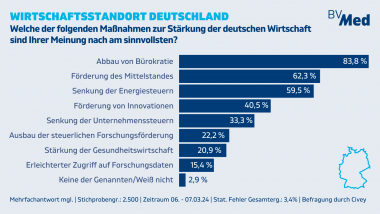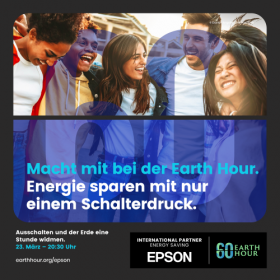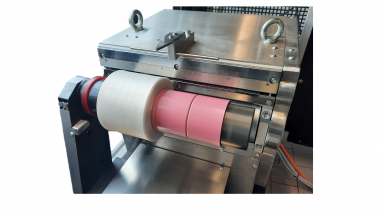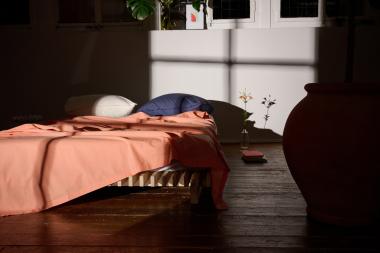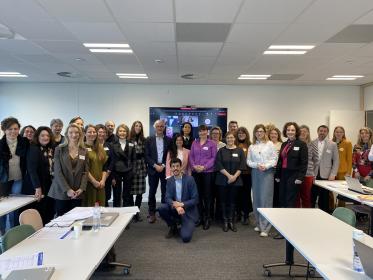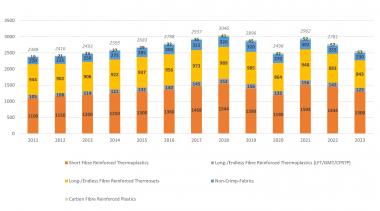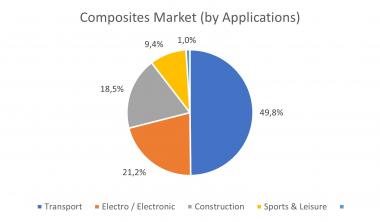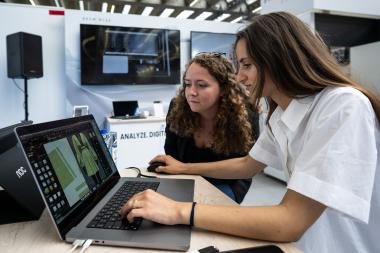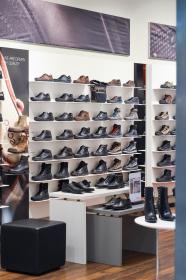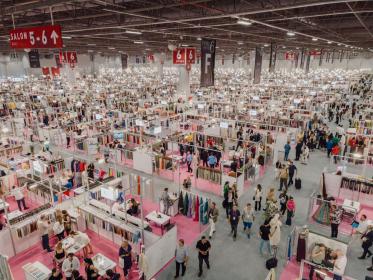adidas: Y-3 and Real Madrid launch Travel Collection
Having recently celebrated the club’s 120th anniversary with a special kit for the 2021/2022 season, this year, Y-3 and Real Madrid have come together once again to bring Yohji Yamamoto’s perspective to the club with a seven-piece travel collection.
Inspired by the signature monochromatic color palette of both Real Madrid and Y-3, the travel collection itself consists of a sleek and elegant selection of pieces in all black. Crafted at the intersection of tailoring and athletic-wear, the suite of pieces includes a short sleeve polo, a long sleeve polo, a pair of shorts, a pair of track pants, a track top, a coach jacket, and a premium faux leather jacket – each made with soft sporting fabrics and finished with collaborative details such as Yohji Yamamoto’s recognizable handwritten signature script wordmark and the Real Madrid crest.
Accompanying the launch of the travel collection is a campaign shot by trailblazing London-based photographer Gabriel Moses featuring past and present Real Madrid icons including Naomie Feller, Jude Bellingham, David Alaba, Misa Rodríguez, and Zinedine Zidane.










